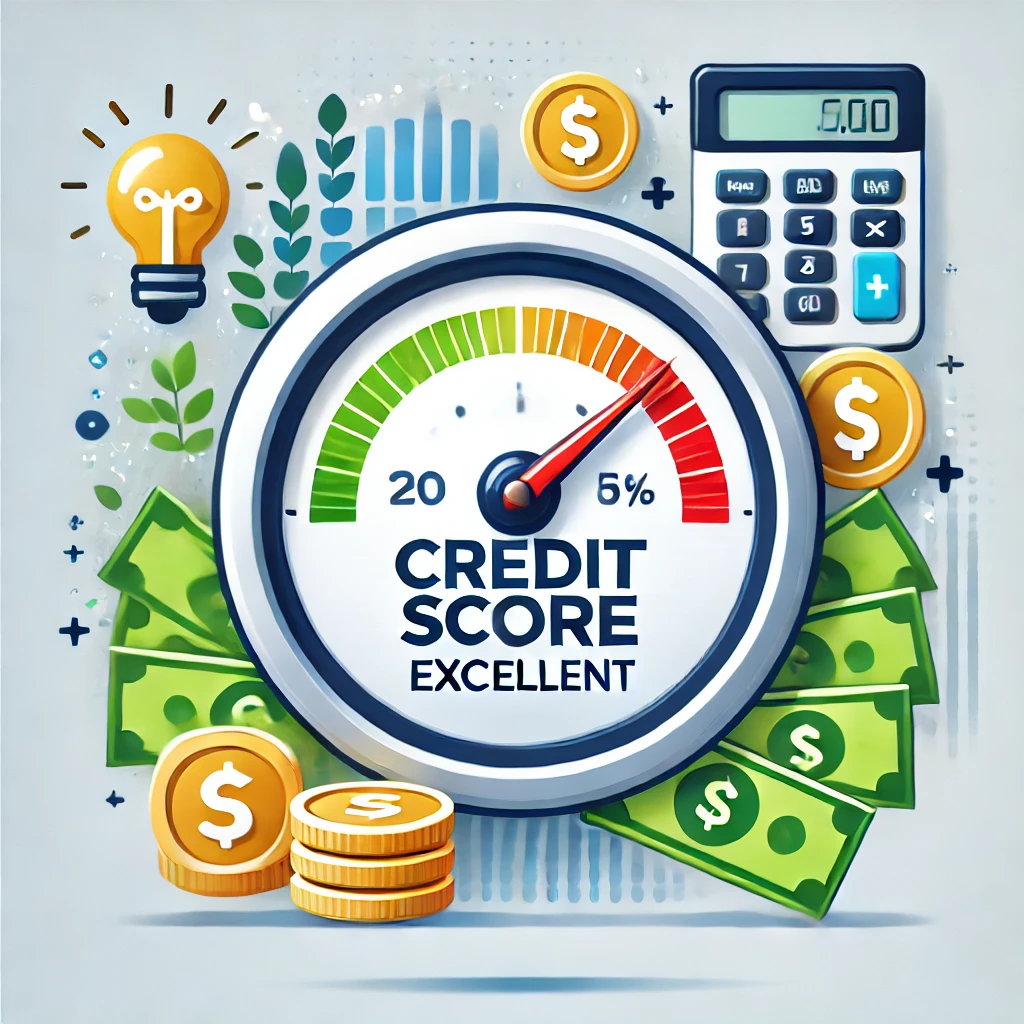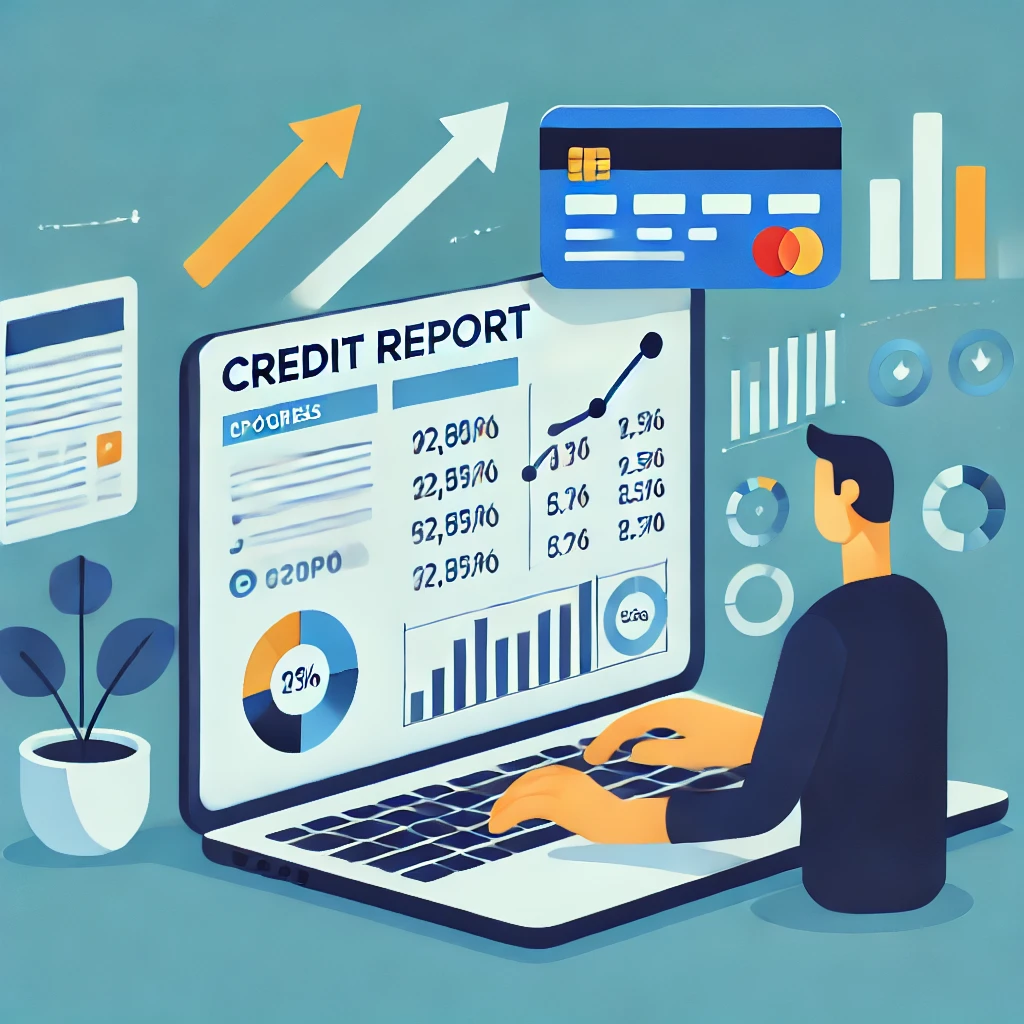Boost Your Credit Score Overnight: Realistic Tips That Actually Work

Your credit score is one of the most important numbers in your financial life, influencing everything from loan approvals to interest rates. While improving your credit score usually takes time, there are practical strategies you can implement today to make a difference. Let’s explore how you can give your credit score a noticeable boost—overnight.
Understanding Your Credit Score
Before diving into actionable tips, it’s essential to understand what makes up your credit score. Most credit scoring models, like FICO and VantageScore, consider five key factors:
- Payment History (35%): Timely payments are critical.
- Credit Utilization (30%): The percentage of your available credit you’re using.
- Length of Credit History (15%): Longer histories are better.
- Credit Mix (10%): A variety of credit types (e.g., credit cards, loans) is favorable.
- New Credit Inquiries (10%): Too many recent inquiries can lower your score.
Quick Tips to Boost Your Credit Score
1. Pay Down High Balances
Credit utilization is a significant factor affecting your credit score. The lower your utilization rate, the better your score.
Action Steps:
- Focus on paying down balances on credit cards with the highest utilization rates.
- If possible, bring your utilization below 30%, and aim for under 10% for optimal impact.
2. Request a Credit Limit Increase
Increasing your credit limit can instantly reduce your credit utilization ratio—if you don’t add more debt.
Action Steps:
- Contact your credit card issuers and request a limit increase.
- Avoid making new purchases on the card immediately after the increase.
3. Correct Errors on Your Credit Report
Errors on your credit report, such as incorrect account balances or late payment records, can drag down your score unnecessarily.
Action Steps:
- Obtain your free credit report from annualcreditreport.com.
- Dispute inaccuracies with the credit bureaus (Experian, Equifax, TransUnion).
- Follow up to ensure corrections are made promptly.
Link Tip: For guidance on managing credit effectively, check out Credit Management Strategies for Financial Success.
4. Become an Authorized User
If a family member or friend has a long-standing credit card account with excellent payment history, becoming an authorized user can improve your score.
Action Steps:
- Ask the primary cardholder to add you as an authorized user.
- Ensure their credit utilization and payment history are solid.
5. Pay Off Small Balances on Multiple Cards
Having small balances spread across multiple cards can negatively impact your credit score. Paying them off can provide a quick boost.
Action Steps:
- Pay off small balances completely, leaving only one or two cards with a small ongoing balance.
- Avoid using these cards for a few weeks to allow the changes to reflect in your score.
6. Report Your Rent and Utility Payments
Services like Experian Boost and RentTrack allow you to add positive rent and utility payment history to your credit report.
Action Steps:
- Sign up for a service like Experian Boost.
- Verify that your payments are reported to major credit bureaus.
7. Avoid Hard Inquiries
Applying for new credit can result in a hard inquiry, which temporarily lowers your score.
Action Steps:
- Avoid applying for new credit unless absolutely necessary.
- Focus on improving existing accounts instead.

8. Leverage a Secured Credit Card
A secured credit card allows you to build or rebuild your credit by making small charges and paying them off in full each month.
Action Steps:
- Deposit money into a secured credit card account to set your credit limit.
- Use the card sparingly and pay off balances in full each month.
The Impact of Financial Wellness on Credit Health
Boosting your credit score is not just about quick fixes; it’s part of a larger financial wellness journey. Managing your income and expenses wisely, saving consistently, and adopting ethical financial practices contribute to a healthier credit profile over time.
For more tips on aligning your financial habits with long-term goals, explore our article on Financial Wellness Tips: Income and Expense Management.
Common Credit Mistakes to Avoid
- Closing Old Accounts: While it may seem like a good idea to simplify your finances, closing old accounts shortens your credit history, which can hurt your score.
- Maxing Out Credit Cards: Even if you’re making payments on time, high utilization can drag down your score.
- Ignoring Credit Reports: Failing to monitor your credit can leave you unaware of errors or fraudulent activity.
Building a Sustainable Financial Future
Quick fixes can provide an immediate boost to your credit score, but maintaining and improving it requires ongoing effort. Set yourself up for success by:
- Tracking Your Spending: Use tools like budgeting apps to monitor where your money goes.
- Automating Payments: Avoid late payments by setting up automatic payments for your bills.
- Staying Informed: Regularly educate yourself on personal finance topics, such as those covered in Your Guide to Budgeting, Saving, and Investing for Financial Success.
Your credit score is a powerful tool for achieving financial freedom. By implementing these realistic tips, you can see results in as little as 24 hours while laying the foundation for long-term credit health. Remember, small changes today can have a big impact tomorrow.
For more expert advice on managing your finances and unlocking new opportunities, explore our guide on Smart Credit Management to Unlock Financial Freedom.
